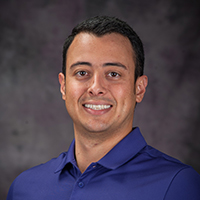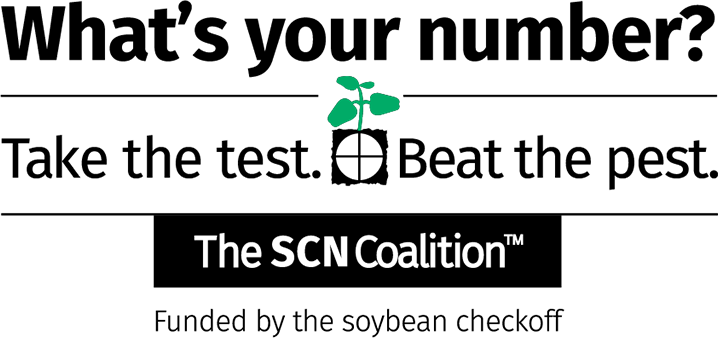
Kansas State University
SCN is important in Kansas because:
- Losses average 2% on Kansas’s 5 million acres of soybeans.
- 20% of Kansas’s soybean fields are known to be infested.
- Because it is mostly symptomless, most producers do not realize they have a problem.
- Current populations of SCN are beginning to overcome current sources of resistance.
- SCN problems can lead to greater losses from soybean sudden death syndrome.
SCN Management Recommendations
There are multiple tactics for managing SCN:
- Soil test to determine if you have SCN
- Soil test to determine the current population level in known infested fields
- Rotate with non-host crops
- Rotate sources of resistance
- Consider using nematicide seed treatments
Kansas State University Experts


